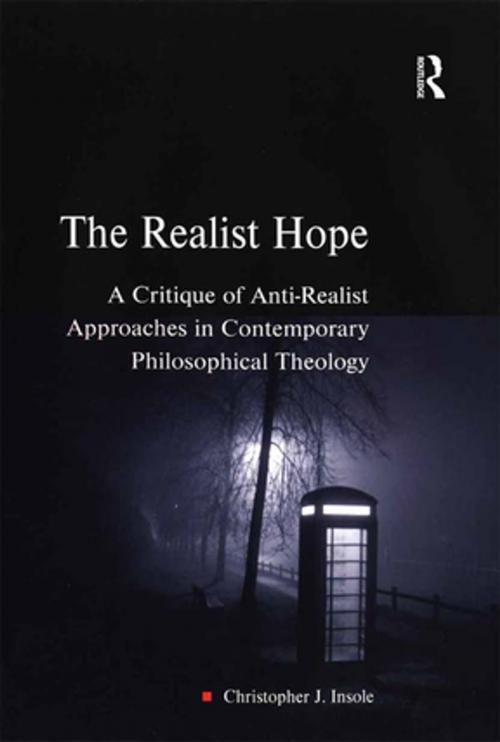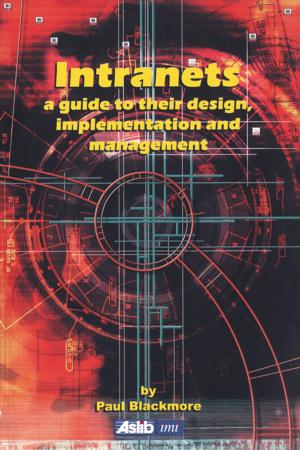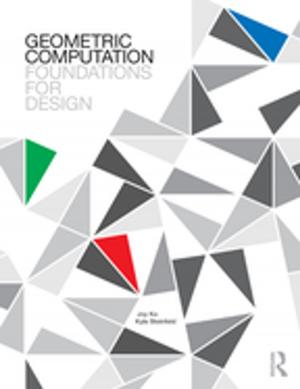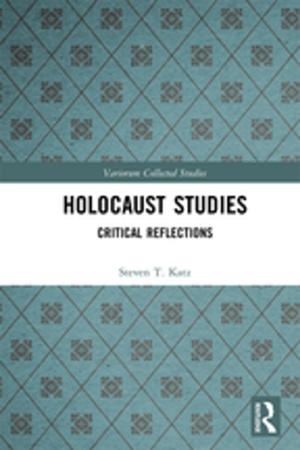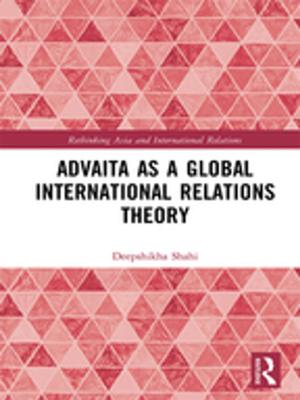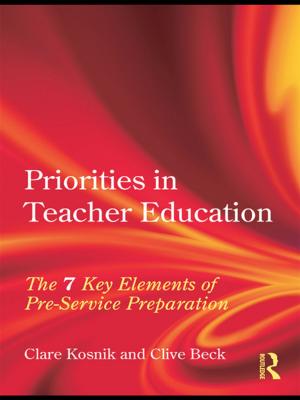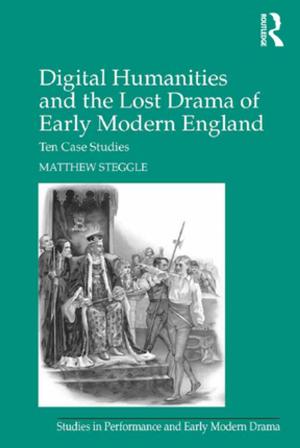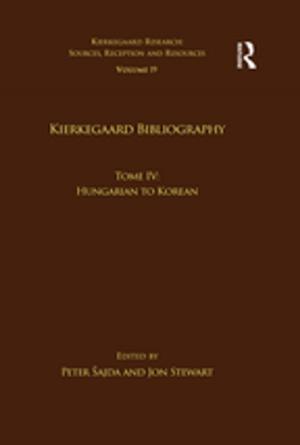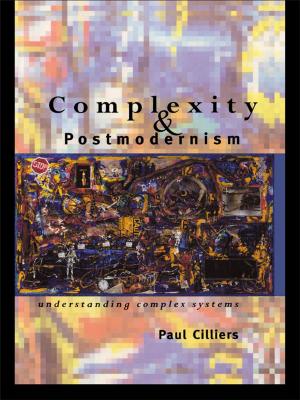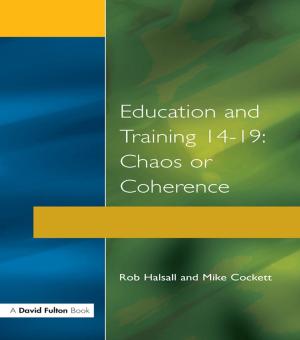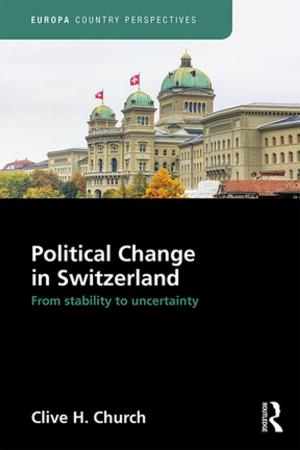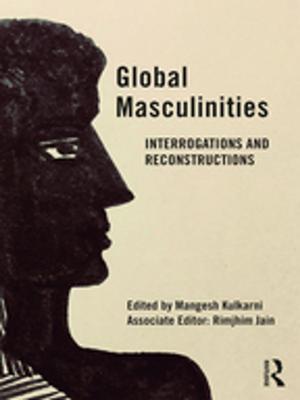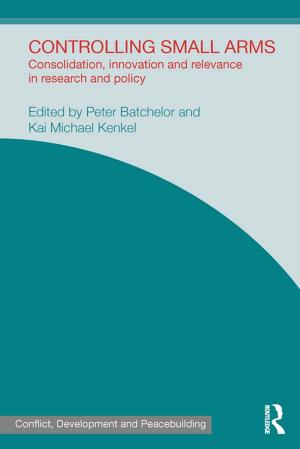The Realist Hope
A Critique of Anti-Realist Approaches in Contemporary Philosophical Theology
Nonfiction, Religion & Spirituality| Author: | Christopher J. Insole | ISBN: | 9781317018216 |
| Publisher: | Taylor and Francis | Publication: | February 24, 2016 |
| Imprint: | Routledge | Language: | English |
| Author: | Christopher J. Insole |
| ISBN: | 9781317018216 |
| Publisher: | Taylor and Francis |
| Publication: | February 24, 2016 |
| Imprint: | Routledge |
| Language: | English |
Taking into consideration analytical, continental, historical, post-modern and contemporary thinkers, Insole provides a powerful defence of a realist construal of religious discourse. Insole argues that anti-realism tends towards absolutism and hubris. Where truth is exhausted by our beliefs about truth, there is no conceptual space for doubting those beliefs; only a conception of truth as absolute, given and accessible can guarantee the very humility, sense of fallibility and sensitivity to difference that the anti-realist rightly values. Cutting through some of the tired and well-rehearsed debates in this area, Insole provides a fresh perspective on approaches influenced by Wittgenstein, Kant, and apophatic theology. The defence of realism offered is unusual in being both analytically precise, and theologically sensitive, with a view to some of the wider and less well-explored cultural, ethical and political implications of the debate.
Taking into consideration analytical, continental, historical, post-modern and contemporary thinkers, Insole provides a powerful defence of a realist construal of religious discourse. Insole argues that anti-realism tends towards absolutism and hubris. Where truth is exhausted by our beliefs about truth, there is no conceptual space for doubting those beliefs; only a conception of truth as absolute, given and accessible can guarantee the very humility, sense of fallibility and sensitivity to difference that the anti-realist rightly values. Cutting through some of the tired and well-rehearsed debates in this area, Insole provides a fresh perspective on approaches influenced by Wittgenstein, Kant, and apophatic theology. The defence of realism offered is unusual in being both analytically precise, and theologically sensitive, with a view to some of the wider and less well-explored cultural, ethical and political implications of the debate.
